ap world review terms (unit 5)
1/64
Earn XP
Description and Tags
a little bit, actually all over the place entirely. thanks!
Name | Mastery | Learn | Test | Matching | Spaced | Call with Kai |
|---|
No study sessions yet.
65 Terms
khanates
four regional divisions into which the Mongol Empire was divided after Genghis Khan’s death

initial belief abt the solar system? what was it called?
the earth was the center of the universe (based on ideas of Aristotle). geocentric.

four humors?
blood, phlegm, black bile, yellow bile!
used to explain the causes of everything about human nature
causes of the scientific revolution
medieval universities provided framework for new view
renaissance stimulated science with rediscovery of ancient math
more advanced tools (like teloscopes) improved scientific method
empirical, experimental research became more common
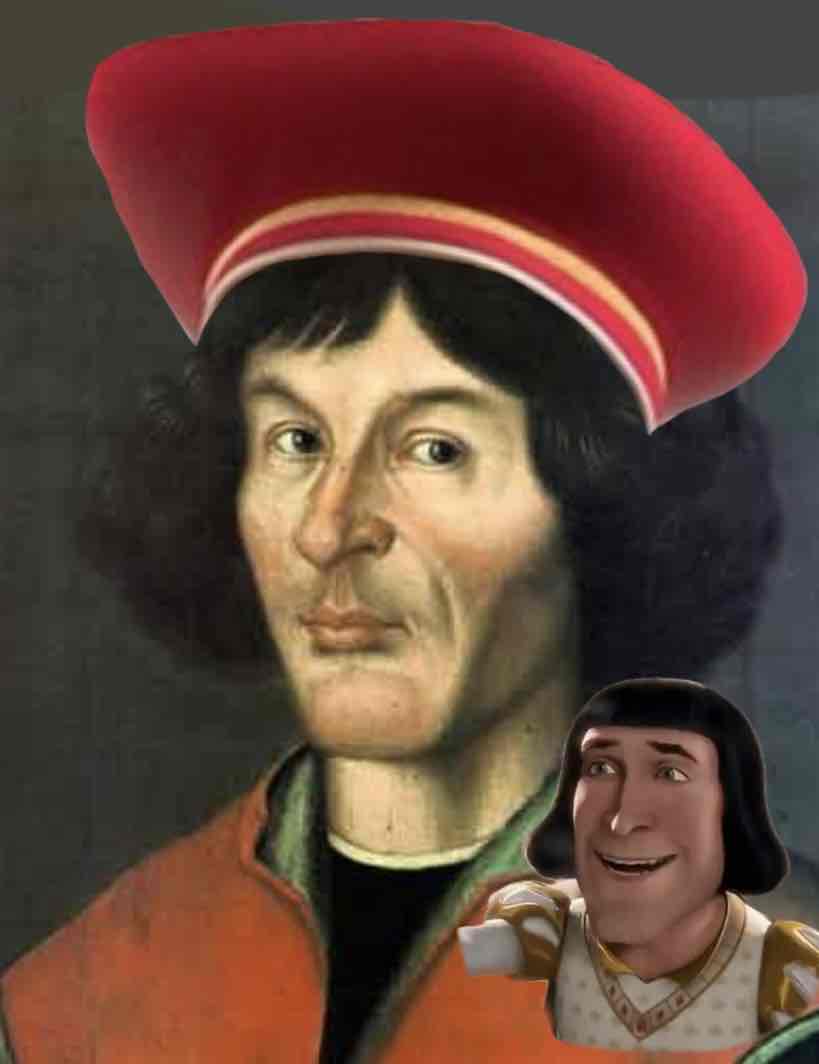
the copernican hypothesis
hypothesis developed by nicholas copernicus (1473-1543) that overturned medieval view of universe
he stated that the earth revolved around the sun, which is heliocentric!!
this view went against views of both Catholic and Protestant churches

list the allies of copernicus!
tycho brahe (sad egg boy)
johannes kepler (chopsticks king)
galileo galilei (one of the seven dwarfs i guess! interesting name)
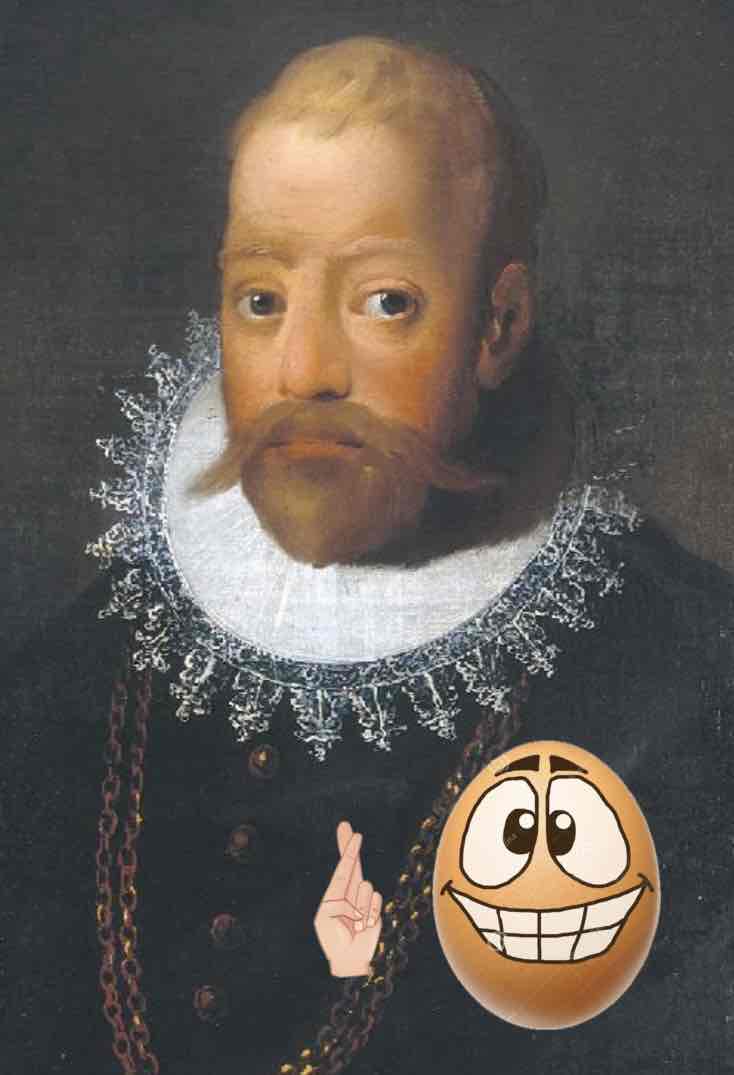
tycho brahe
built an observatory + collected data
provided evidence that supported heliocentric theory (yay!)
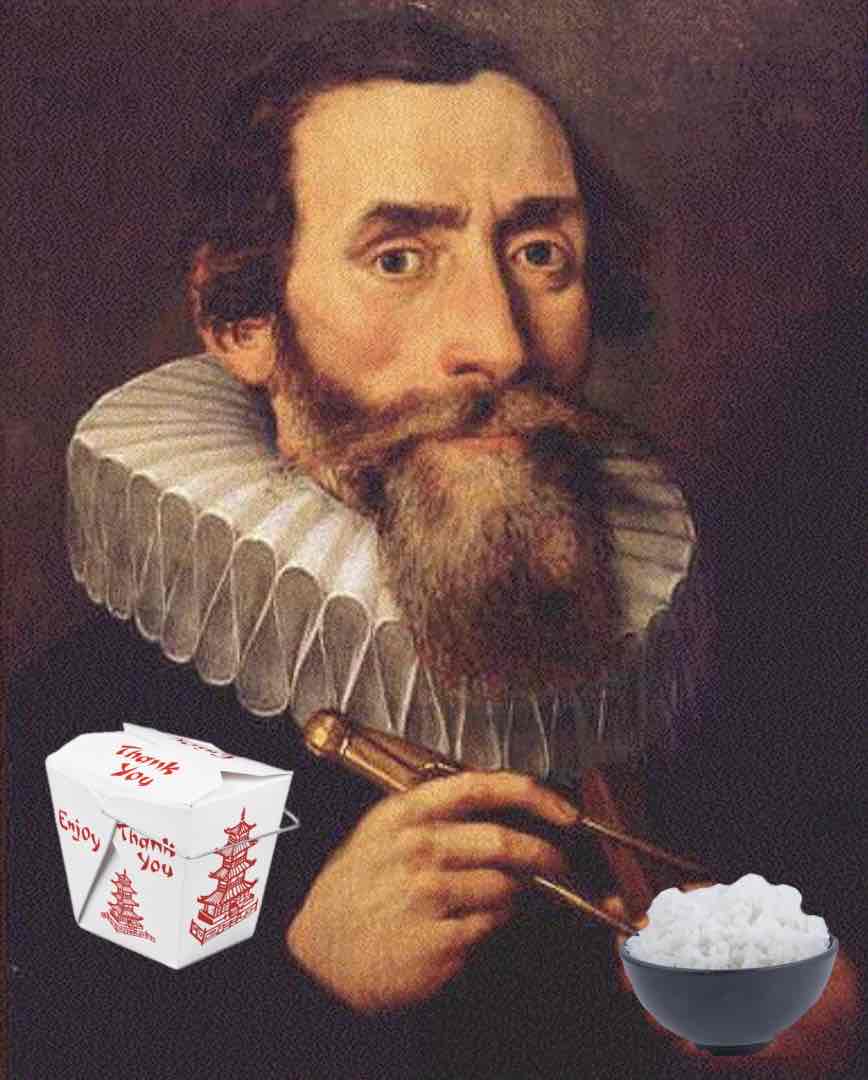
johannes kepler
calculations also supported heliocentrism!
discovered that planets move in elliptical orbits
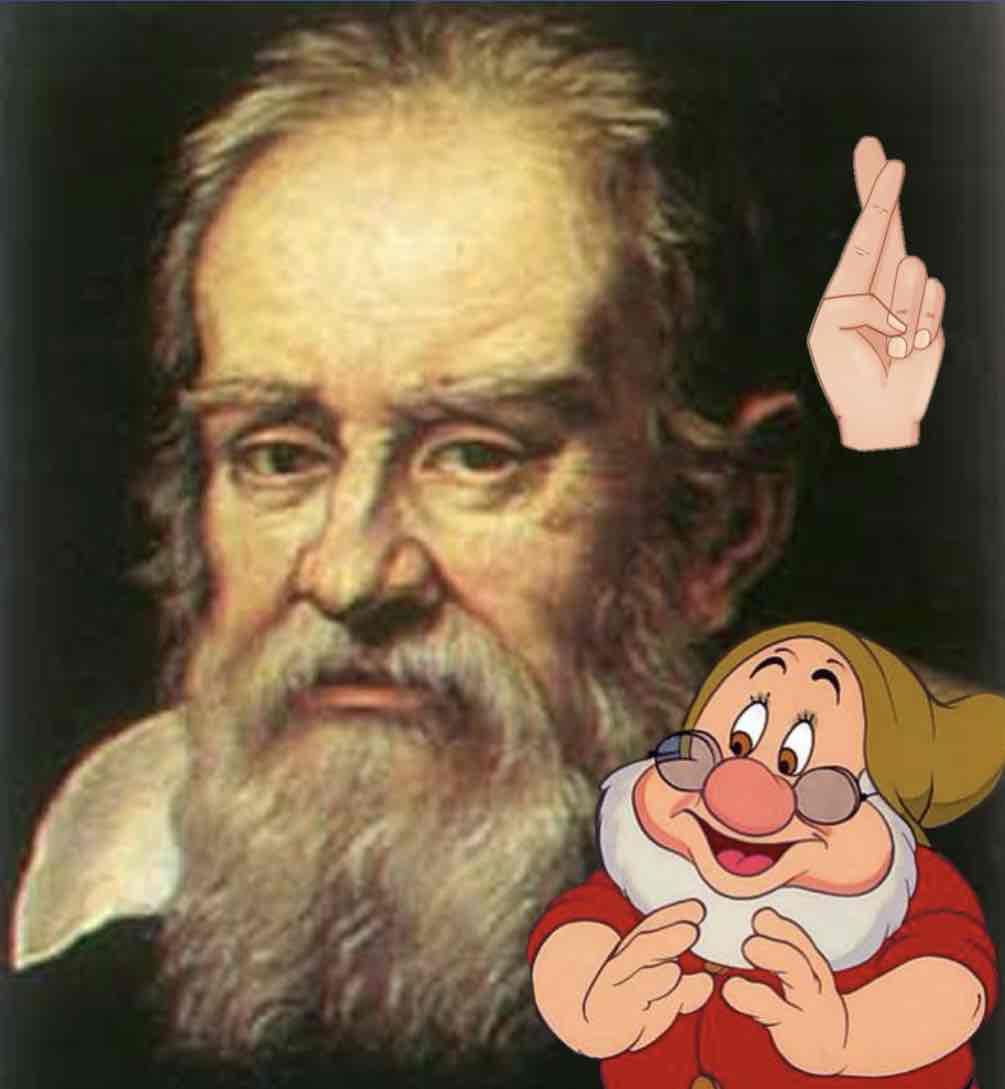
galileo galilei
confirmed copernicus’ theory thru telescope observations (my little nerd)
discovery of moon craters and sunspots contradicted classical view of “heavenly bodies” (church is not gonna like this man..)
catholic church tried and convicted galileo of heresy (i was right!)
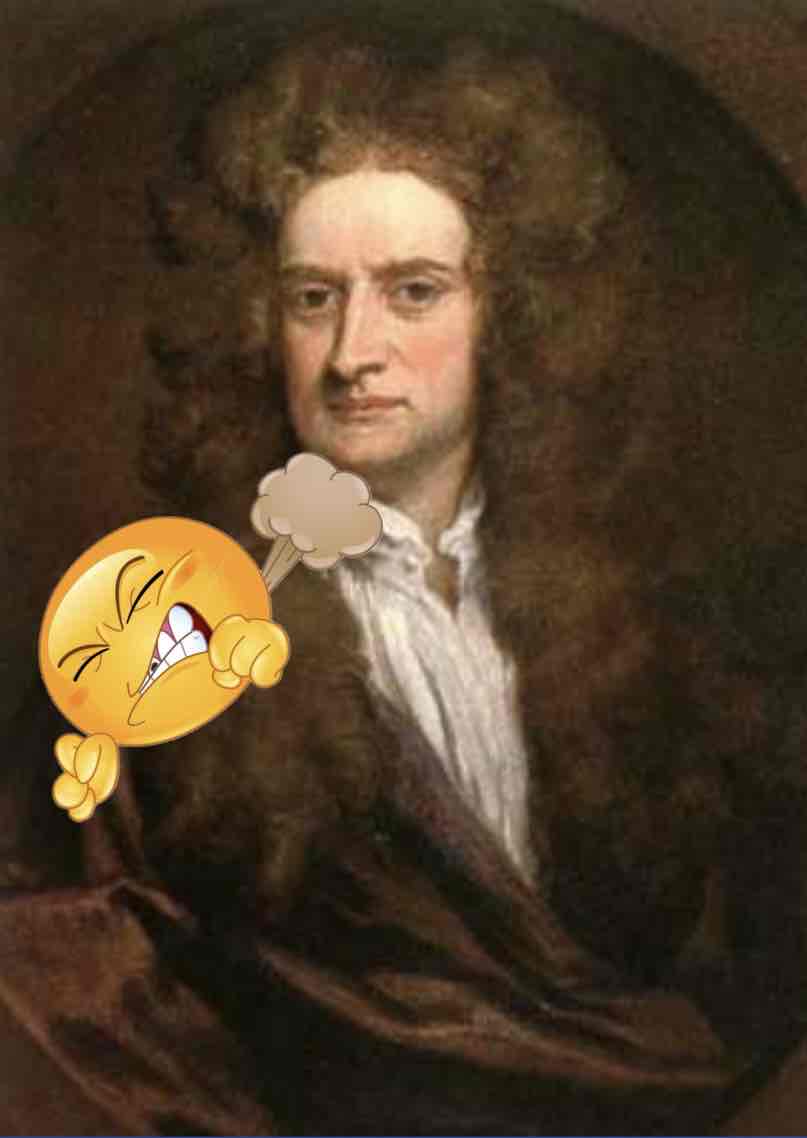
isaac newton (apple man)
integrated astronomy of Copernicus and Kepler with the physics of Galileo
formulated math principles to explain motion (arghhhh)
the core of his theory was the universal law of gravity
results of scientific revolution
creation of international scientific community
development of scientific method
little impact on the masses until 18th century (dumbb choice)
absolutism
system of gov where monarch (usually a hereditary ruler) has all the power
key ideas:
divine right
everyone benefits from an all-powerful ruler
divine right
ruler’s power comes from god
aspects of absolute rule
rulers fought frequent wars to gain more power
France had largest army in Europe under Louis XIV
wars of Spanish Succession : an attempt to unite France and Spain under one ruler
examples of how absolute rulers used nobility to maintain control!
louis XIV - had 10k nobles @ Versailles
akbar - mansabar system where he used nobles to collect taxes
who was the absolute ruler that was religiously tolerant?
Akbar the Great was muslim, but was tolerant of other religions!
even removed jizya (special tax for all non-Muslims)
created “divine faith” by combining beliefs of 7 religions (wow! a man of culture)
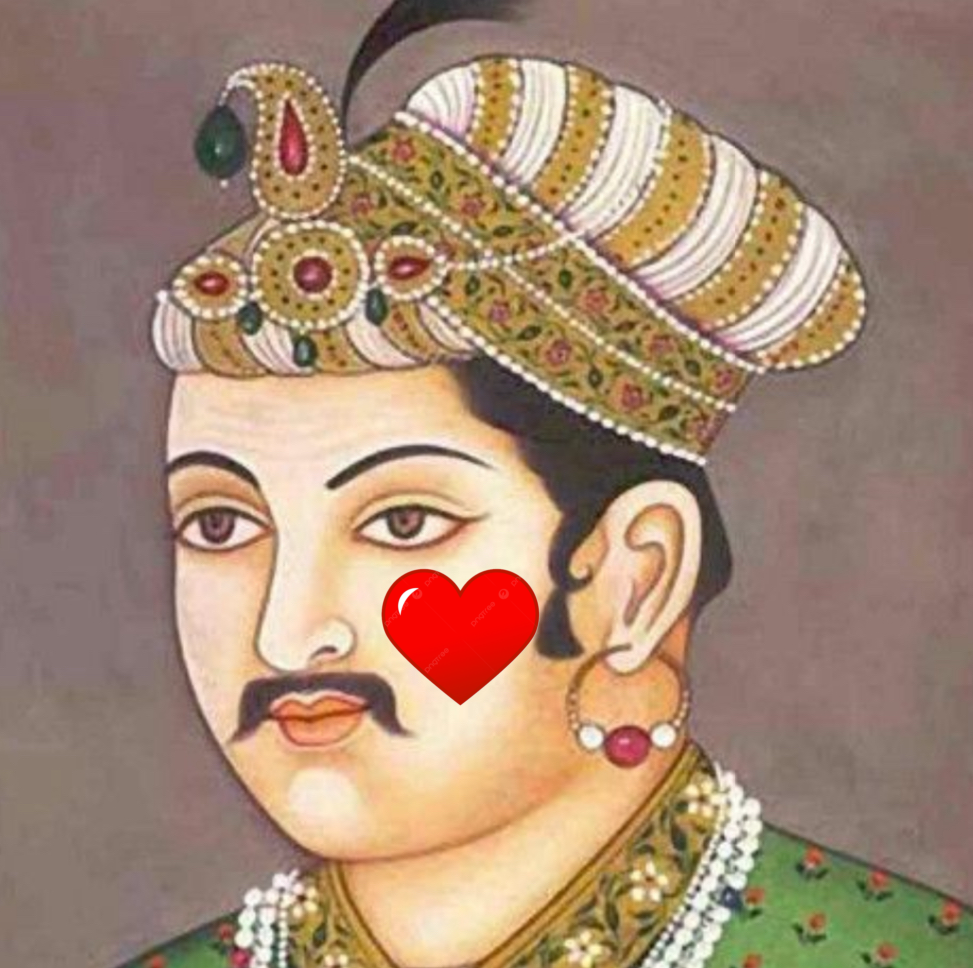
which absolute ruler was religiously intolerant? hmmm
Louis XIV (14)
he was catholic and intolerant, particularly of French Protestants
over 200k protestants left france during reign womp womp
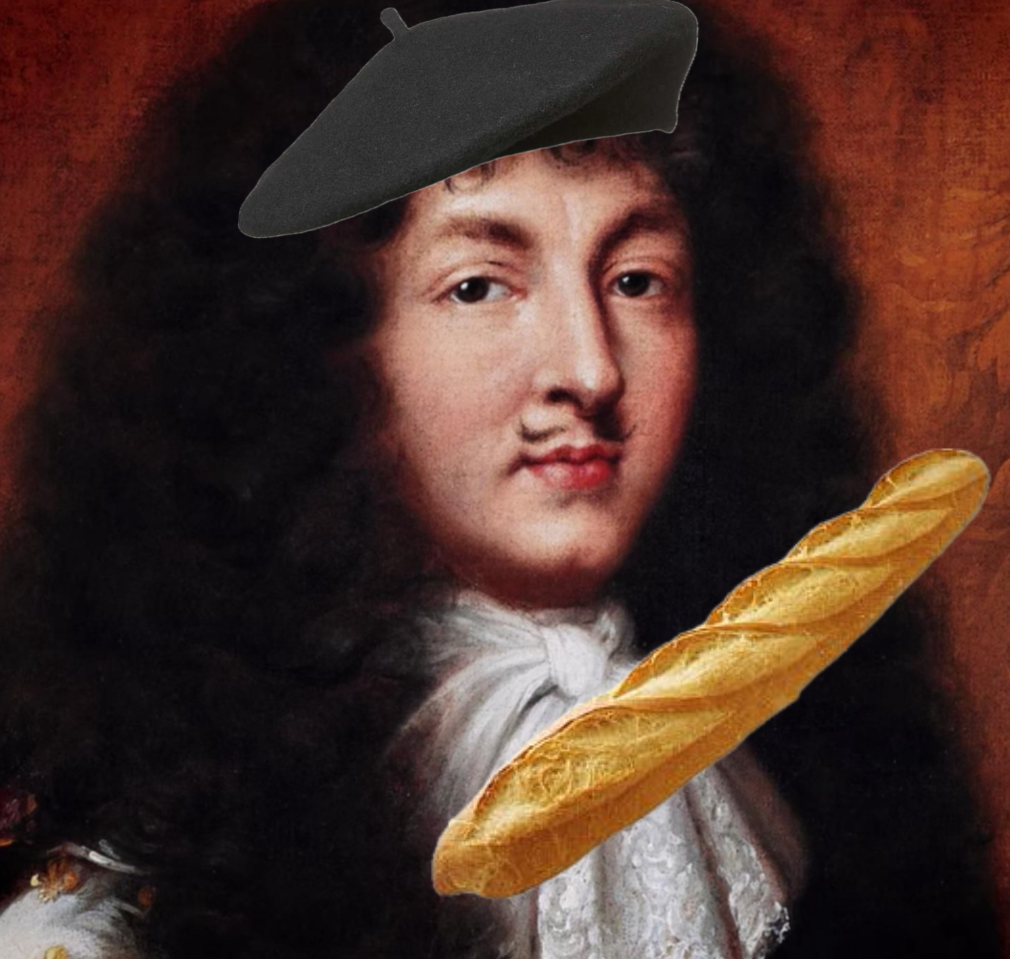
jizya
special tax paid by all non-muslims
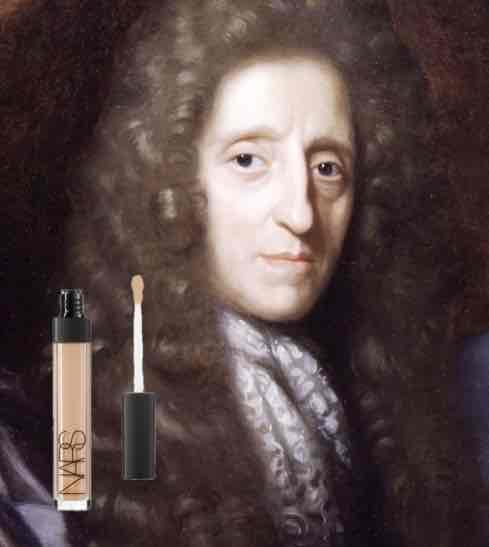
john locke
rejected divine right
natural rights
only rulers who respect the rights of ppl deserve to stay in power
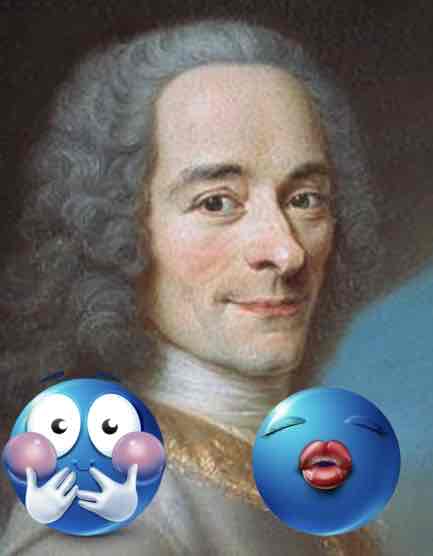
voltaire
did not believe in democracy (boo)
enlightened monarch is best!
believed in equality before the law (make up ur mind sir)
advocated for freedom of speech, religion, and separation of church and state
state
political entity with a government
soverignty
the right and power of a person or a nation to govern themselves
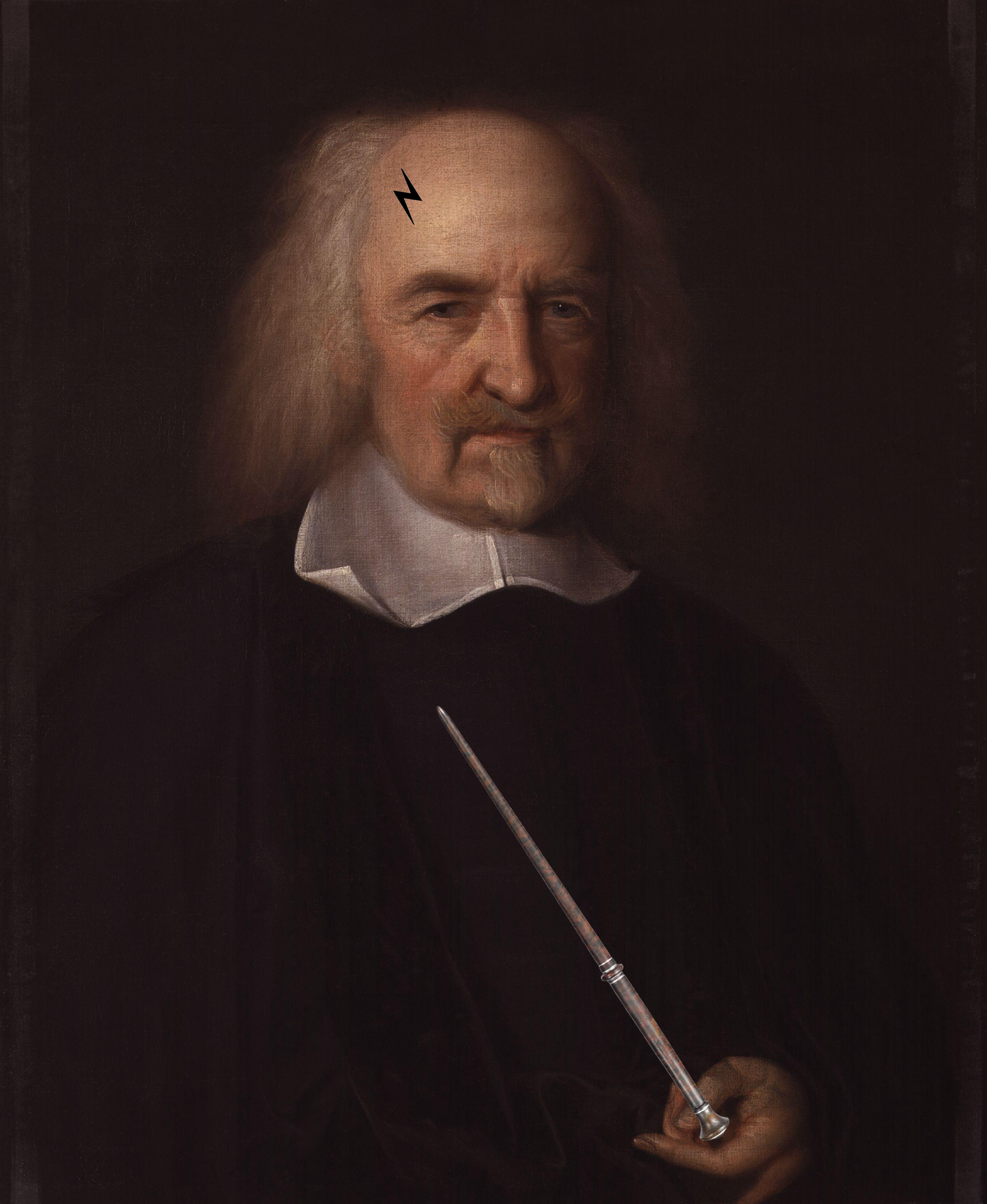
thomas hobbes
advocated absolute sovereignty as the only kind of gov that could resolve problems called by human selfishness (so harsh man…)
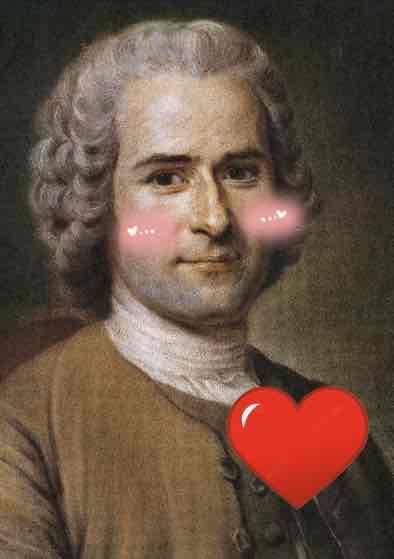
rousseau
wrote “The Social Contract”
believed ppl are born good
believed in government by the “general will”
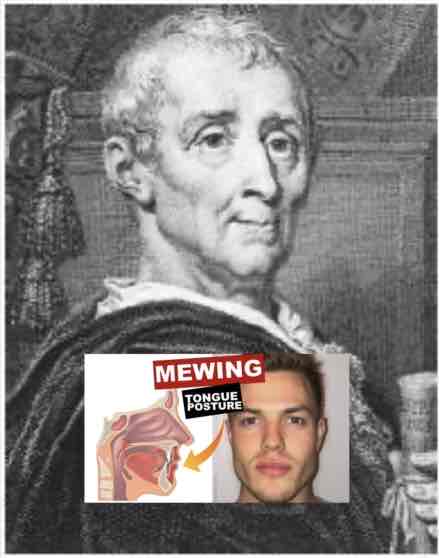
montesquieu
used scientific method to study various govs
believed in separation of powers
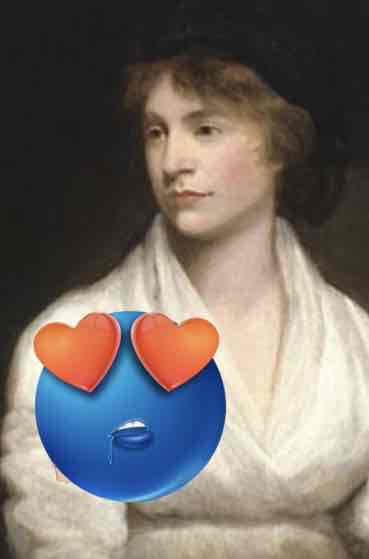
mary wollstonecraft
believed women possessed reason thus were equal to men
believed women were entitled to an education
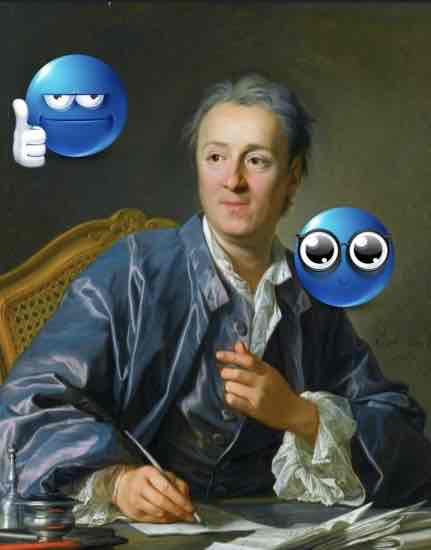
denis diderot
believed in spreading knowledge to challenge traditional ways
believed in religious toleration
magna carta (1215)
established the rights of englishmen:
right to trial by jury
right to face your accuser in court
right to a speedy trial
also, no taxation w/o consent of parliament (nobility)
bourgeoisie
french for middle class
rise of english burgeoisie
rise of commercial + merchant capitalism
granted representation in the english parliament (House of Commons)
conflicts btwn parliament and the king (over taxation, religion) increased importance
specifics of christianity
catholic church
protestant church -
Lutheranism (Martin Luther)
Calvinism (John Calvin)
Anglicanism (King Henry VIII)
origins of english civil war
conflict over divine right of kings
conflict btwn Anglican and Puritans
conflict btwn kings and parliament
charles attempts to arrest his opponents in Parliament after
what are the two sides of the english civil war?
royalists (“cavaliers”) versus parliamentarians (“roundheads”)
royalists/“cavaliers”
mostly nobles
loyal to Anglican church and king
parliamentarians/“roundheads”
small landholders
middle class
mostly Puritan
moderates vs radicals during English Civil War
after the capture of Charles I, the roundheads disagreed on his fate
moderates : bring him back with limited power
radicals : execute him and form a republic
English Republic
england becomes a republic
Oliver Cromwell (roundhead leader) kicks out moderates
parliament votes to end monarchy and abolish House of Lords
Origins of the Glorious Revolution
republic ends in 1655 when cromwell becomes a dictator
after cromwell’s death (good argh), monarchy is restored
Charles II ruled in a relatively peaceful period
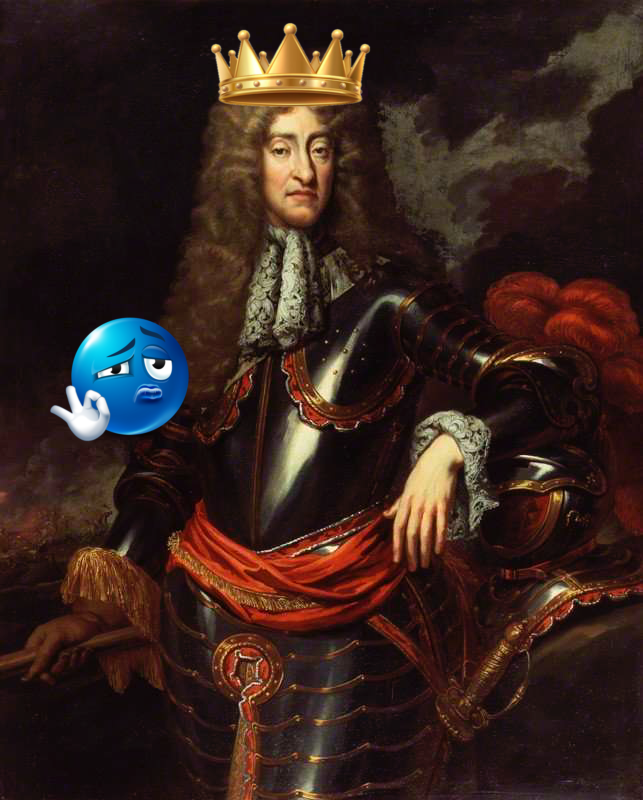
James II
brother of Charles II
catholic
anti-protestant
w/ 2 protestant daughters (yipee)
Glorious Revolution
james’ son is born (to be raised catholic)
parliament invites mary + william to “invade” from holland —> don’t want catholic gov!
james flees from england
parliament agrees to rule of william + mary (w/ a bill of rights) in 1689
results of the glorious revolution
Limited Constitutional Monarchy
English Bill of Rights
guaranteed rights to all englishmen (victory for bourgeoisie!)
Limited Constitutional Monarchy (England)
destroyed idea of divine right
defined parliament’s “permanent role” in gov
English Bill of Rights
freedom of speech
right to petition the gov
no cruel or unusual punishment
moderate reforms after the french revolution
nobles agree to abolish feudalism!
Declaration of the Rights of Man and Citizen
Civil Constitution of the Clergy
Constitution of 1791
Other Reforms
guaranteed citizenship to Jews and Protestants
brought an end to primogeniture
constitution of 1791
created a limited monarchy
Legislative Assembly was formed
equal rights were guaranteed to all male citizens (my girls…)
Civil Constitution of the Clergy
sought to end power and influence of the Catholic Church
priests and bishops were to be elected
church lands would be sold
ended papal authority
Declaration of the Rights of Man and Citizen
spelled out the “natural rights” of ppl
freedom of speech, press
right to participate in lawmaking process
placed sovereignty in the “nation”
wealth was the new basis for social order (not birth, blood, or privilege)
why was it good that wealth was the new basis for social order?
—> allows bourgeoisie to be recognized and gain political power rather than clumped with the lower class
Legislative Assembly
it was formed to make new laws, conduct foreign affairs, collect taxes (only small pop. were eligible for office)
primogeniture
the rule that all of a father’s inheritance must go to his firstborn son
how was the new french gov similar to the english gov?
in both countries, power was shared between the monarch and an elected legislature

threats to the French Revolution
External
Declaration of Pilnitz (1791)
Legislative Assembly declares war on Prussia, Austria, and Britain
Winning the War
Levée en masse
September 1792 - Battle of Valmy
Internal
Refractory Priests - less than ½ of clergy and only 7/100 bishops took oath of loyalty to the revolution —> b/c the revolution restricted the power and influence of the Catholic Church
Royalists - mostly nobles who wanted to return to a monarchy
Battle of Valmy (1792)
French stop Austrian and Prussian invasion
Declaration of Pilnitz (1791)
Prussia and Austria vow to invade France to protect monarchy
Levée en masse
all citizens contribute to the war effort

who did the french revolution ignore?
Women did not get equality or right to participate in gov
Olympe de Gouges was executed
Peasants were not a priority
food prices remained high
The Vendée (March 1793) - bloody peasant revolt
The Vendée (1793)
bloody peasant revolt in France
cause of the Vendée
peasants were starving as the food prices were still high during the French Revolution
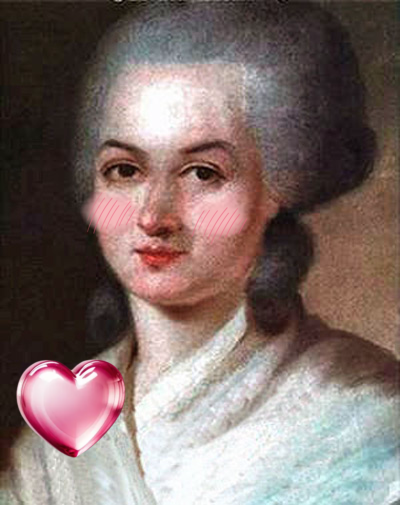
Olympe de Gouges
a radical feminist and one of the first people to fight for equal rights for women
wrote the “Declaration of the Rights of Woman”
radical reforms during the French Revolution
In August 1792, a mob attacks the king’s palace and kills the guards so the king flees to the Legislative Assembly for protection
The French Republic
September 1792 - National Convention meets
abolished monarchy, established republic
universal male suffrage
Trial of Louis XVI
jan 1793 - guillotined
actions of the French Republic
abolished monarchy, established republic
universal male suffrage

The Terror
Committee of Public Safety
“Republic of Virtue” (through terror)
9th of Thermidor (July 1794)
9th of Thermidor (1794)
Robespierre arrested + beheaded
Committee of Public Safety disbanded
“Republic of Virtue”
all “enemies of the revolution” were punished —> applies to anyone who disagreed with the radicals
40k beheaded during reign of terror
Committee of Public Safety
radical leaders led by Maximilien Robespierre
created new secular calendar
successful invasions of Italy + Netherlands
crushed peasant revolts